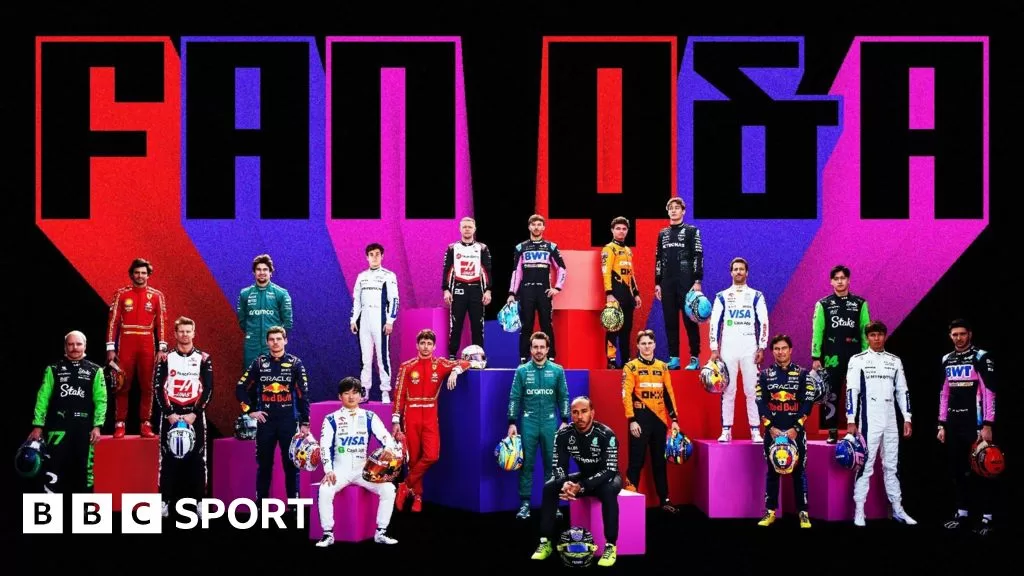We hear a lot about upgrades. What are they and can you give us more details about them? – Nigel
An upgrade is a new part, or series of parts, that is aimed at improving the performance of the car.
So, for example, a new front wing, or a new floor, or a new piece of bodywork. If they are aimed at improving performance, that is classed as an upgrade.
The issue teams are encountering this season is that these upgrades are not always increasing performance.
For example, after Red Bull introduced their first upgrade of the season in Imola, two races later in Canada Mercedes technical director James Allison said he believed it had actually been a downgrade.
Red Bull vociferously denied that at the time, but the longer the season has gone on, and the more Red Bull have struggled, the more it is clear that Allison was right.
The problem teams are encountering is that the flow structures created by these current F1 cars, and the way the aerodynamics work, are so complicated that the simulation tools available to the teams are simply not accurate enough to accurately predict how the car will perform on track.
Often, teams are finding that the CFD says one thing, the wind tunnel another, and the car behaves differently again when it gets out on track.
This is why McLaren have taken so long to introduce a major upgrade since the big one in Miami that turned them into frontrunners overnight. They have wanted to be absolutely confident it will work, so they can avoid getting lost, as Red Bull have.
And it’s exactly the issue Red Bull have found with their car at the moment.
The problem is, when a team has put on a load of new parts over a period of time, and then find the car is not behaving the way they want, it is fiendishly difficult to unpick what is causing the problem – especially as there is no way of simulating it.
